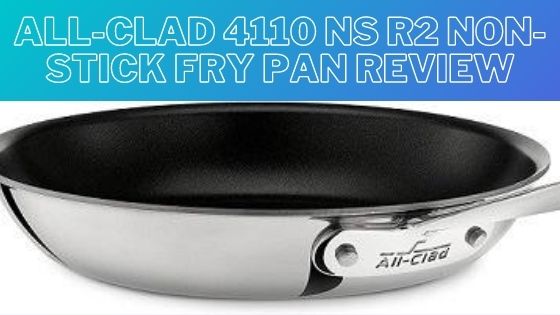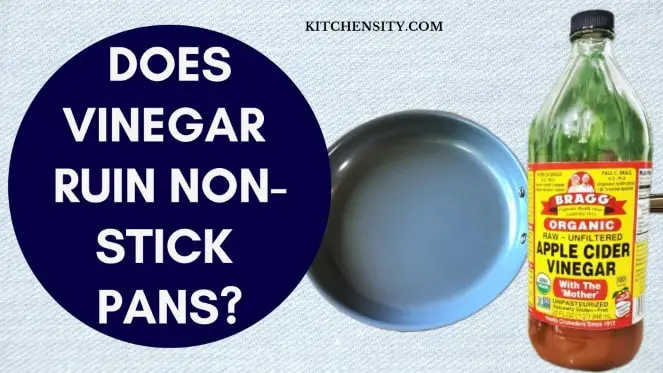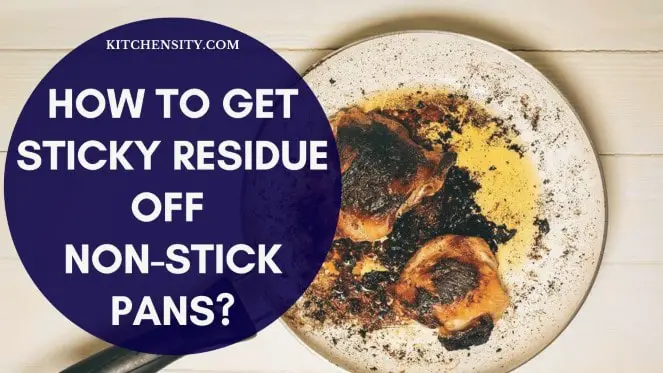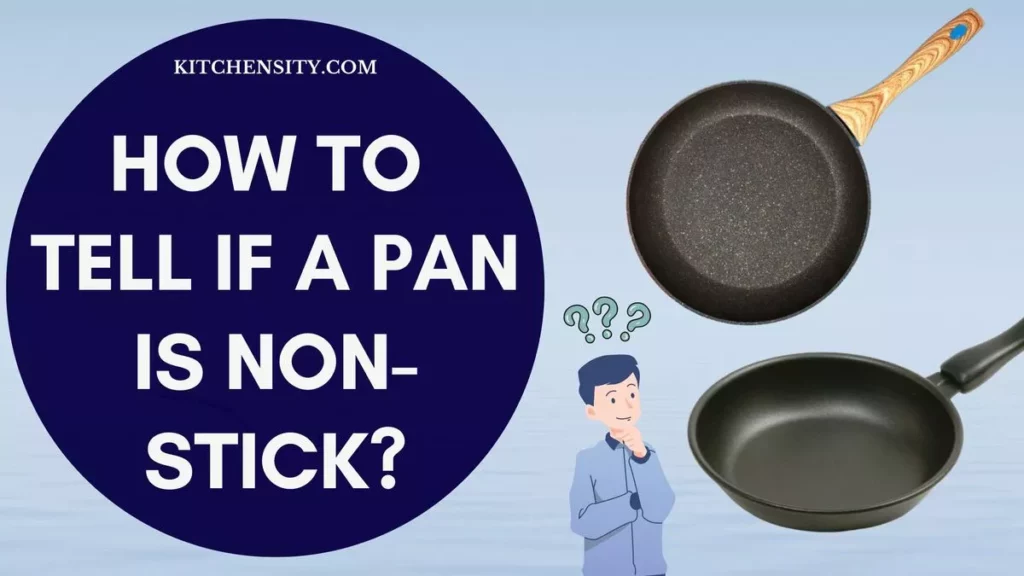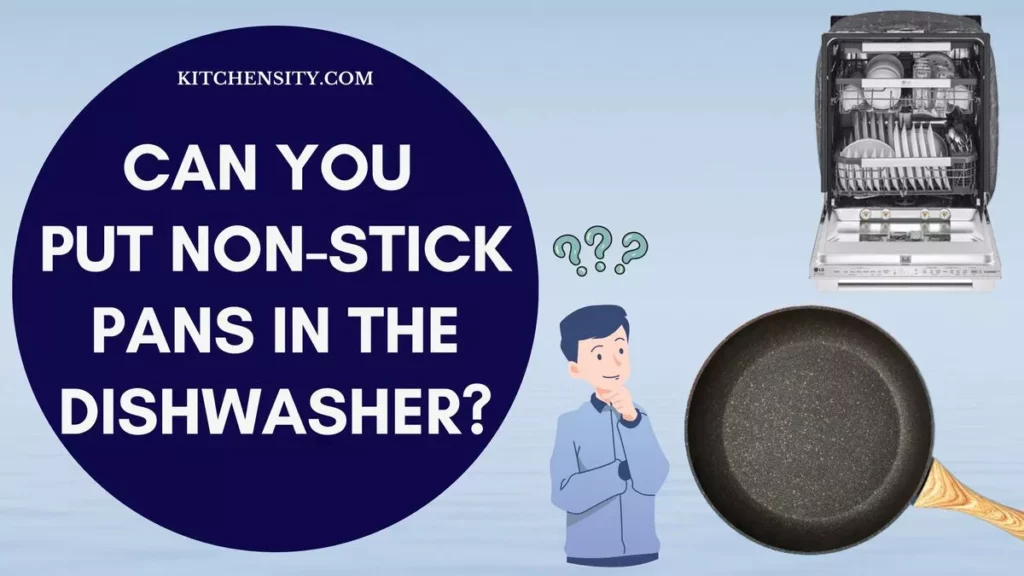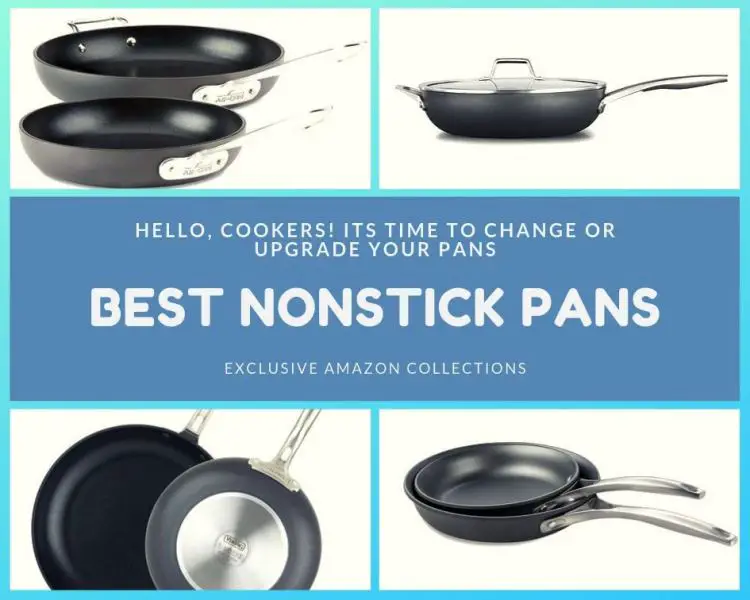Have you ever wondered if professional chefs use non-stick cookware in their kitchens? Non-stick cookware is known for its convenience, but there’s a debate about whether it’s commonly used by chefs.
Yes, some chefs do use non-stick cookware, but it’s not universally preferred. Many professional chefs also use other types of cookware like stainless steel or cast iron, depending on the specific needs of the dish. The decision to use non-stick cookware in a professional kitchen often depends on the specific cooking tasks and the dish’s desired outcome.
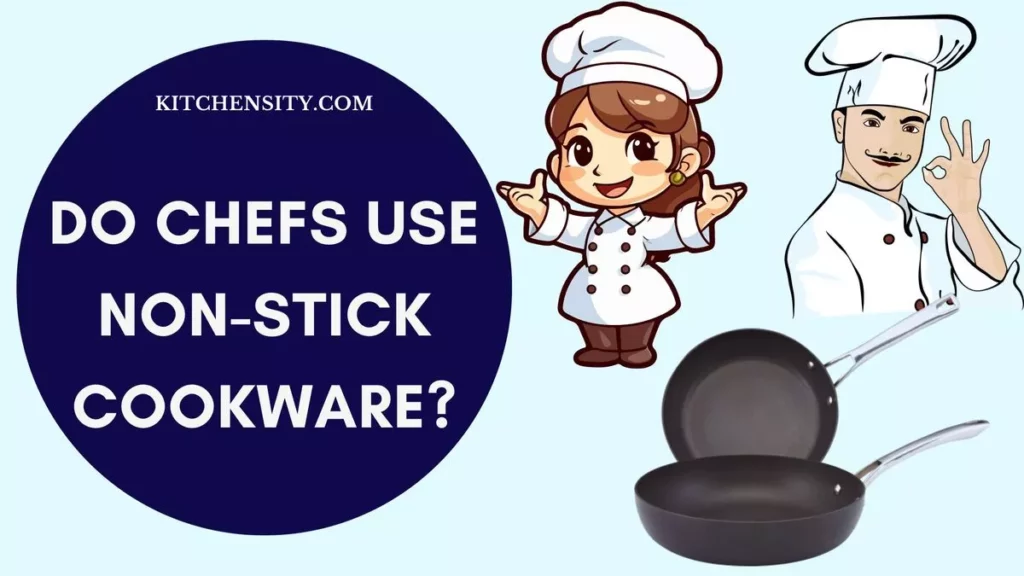
In the culinary industry, chefs and experts have different opinions about non-stick cookware. Some prefer its convenience, while others choose materials like stainless steel or cast iron. The choice of cookware in a professional kitchen is influenced by various factors, including the chef’s personal preferences, the type of cuisine being prepared, and the specific requirements of each dish.
Non-stick cookware is designed to prevent food from sticking during the cooking process, which can be particularly useful for delicate foods like fish or eggs. However, high heat can damage the non-stick coating, limiting its suitability for certain cooking techniques. Also, some chefs prefer the searing capability of stainless steel or cast iron pans, which can create a desirable crust on meats or vegetables.
Also Read – What Recipes Work Best With Non-Stick Pans?
Why Don’t Chefs Use Non-Stick Pans?
Chefs often avoid using non-stick pans in professional kitchens because they can’t achieve the same level of searing or browning as other materials. The high heat required for these techniques can damage non-stick coatings. However, many chefs use non-stick pans at home for their convenience and ease of cleaning.
In professional kitchens, the choice of cookware is critical, and some chefs opt not to use non-stick pans for various reasons.
- Limitations in achieving proper searing and browning
- Concerns about durability at high temperatures
- Non-stick coatings can wear off over time
- Some chefs prefer the texture and flavor of other materials
- Preference for traditional materials like stainless steel or cast iron.
So, avoiding non-stick pans in professional kitchens depends on a chef’s cooking style, the dishes they make, and their priorities for durability and performance. Some chefs find that other types of pans better suit their needs and preferences.
Also Read – Best Non-Stick Cookware Brands
Does Gordon Ramsay Use Non-Stick Pans?
Yes, Gordon Ramsay uses non-stick pans, particularly those from HexClad. While he doesn’t exclusively use non-stick cookware, he has endorsed HexClad’s hybrid technology, which combines the benefits of both non-stick and stainless steel cookware.
Ramsay’s partnership with HexClad and his positive feedback on its durability, versatility, and healthier cooking benefits indicate his preference for this type of cookware. However, Ramsay also uses other types of cookware, such as cast iron and carbon steel pans, based on the specific dish and cooking technique.
Also Read – How To Care For Non-Stick Pans When Used Outdoors?
What Cookware Do Professional Chefs Use At Home?
Professional chefs use different types of cookware at home based on their preferences and the dishes they cook. Some prefer high-quality, professional-grade cookware, while others choose more versatile options. Common choices include stainless steel for durability and even heat distribution, cast iron for heat retention and versatility, and non-stick pans for easy cleanup.
Chefs also utilize specialized cookware like copper pots for precise temperature control and enamel-coated Dutch ovens for slow cooking and braising. The cookware they choose at home reflects their expertise, cooking style, and the needs of their culinary creations outside the professional kitchen.
Also Read – Can You Use Non-Stick Cookware On High Heat?
What Pans Do Michelin Chefs Use?
Michelin-starred chefs often use a variety of high-quality pans to meet the demands of their kitchens. These may include copper pans, stainless steel pans, cast iron skillets, and non-stick pans as well. They include these pans because:
- Copper Pans: Known for their excellent heat conductivity, making them ideal for precise cooking.
- Stainless Steel Pans: Durable and versatile, they are suitable for a wide range of cooking techniques.
- Cast Iron Skillets: Loved for their heat retention, perfect for searing and slow cooking.
- Non-Stick Pans: While not as common in professional kitchens, they can be useful for delicate foods.
- Specialty Pans: Beyond the basics, Michelin kitchens might have specialized pans for specific tasks, such as:
- Grill pans: For creating perfect grill marks on steaks and other dishes.
- Saucepans: For sauces, reductions, and delicate simmering.
- Stockpots: For making large batches of soups and stocks.
- Dutch ovens: For braising, stewing, and baking bread.

So, the choice of pans depends on the chef’s cooking style, the menu of the restaurant, and personal preferences. Michelin-starred chefs often prioritize quality, durability, and performance when selecting their cookware.
Daniel Boulud, Michelin-starred Chef: “I wouldn’t deny the efficiency of non-stick. They keep kitchens running, churn out flawless scrambled eggs, and clean up like a dream. But for true flavor development and the Maillard magic, I reach for stainless steel or cast iron every time. They may demand a little more TLC, but the caramelized crust and deep, rich flavors they create are worth the extra effort.”
Also Read – Are Non-Stick Coatings Safe For Cooking?
Why Chefs Might Choose Traditional Cookware Over Non-Stick Options?
Chefs might choose traditional cookware over non-stick options because traditional materials like stainless steel and cast iron offer durability, high heat tolerance, and the development of a natural non-stick surface over time. These materials also provide better control and the ability to develop a fondness for added flavor in dishes.
Also Read – Types Of Non-Stick Coatings
Frequently Asked Questions (FAQs).
-
Are Non-Stick Pans Suitable For Professional Cooking?
Non-stick pans can be suitable for professional cooking, especially for cooking delicate items or reducing the need for added fats. However, their durability and performance under high-heat conditions may vary.
-
What Are The Alternatives To Non-Stick Cookware Preferred By Chefs?
Chefs often prefer alternatives to non-stick cookware such as stainless steel, cast iron, and carbon steel for their durability, versatility, and ability to develop natural non-stick properties over time.
-
Do Non-Stick Pans Affect The Flavor Or Texture Of Food?
Non-stick pans typically do not significantly affect the flavor or texture of food when used appropriately, as long as they are not overheated or damaged.
-
How Do Chefs Maintain And Care For Non-Stick Cookware?
Chefs maintain and care for non-stick cookware by avoiding metal utensils, abrasive cleaners, and high heat, and by regularly cleaning them with mild soap and water.
Katrina Smith is a seasoned expert with over 25 years of experience in all things related to cooking and the kitchen. As an avid cook and kitchen enthusiast, she is passionate about sharing her knowledge and expertise on cookware, kitchen appliances, kitchen tips, and kitchen staples.
Through her articles and reviews, Katrina aims to inspire and help others improve their cooking skills, experiment with different ingredients, and invest in quality cookware and appliances.

